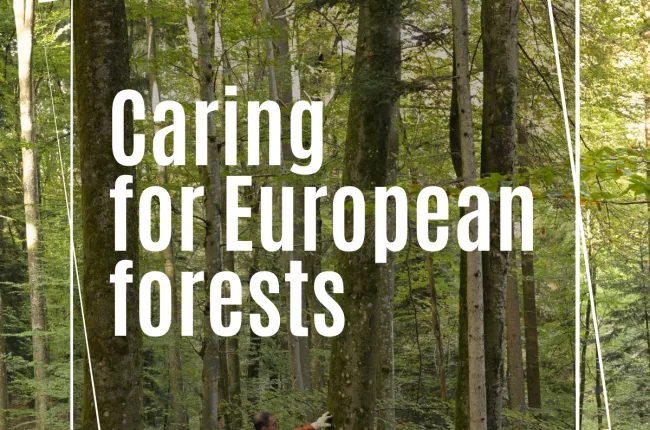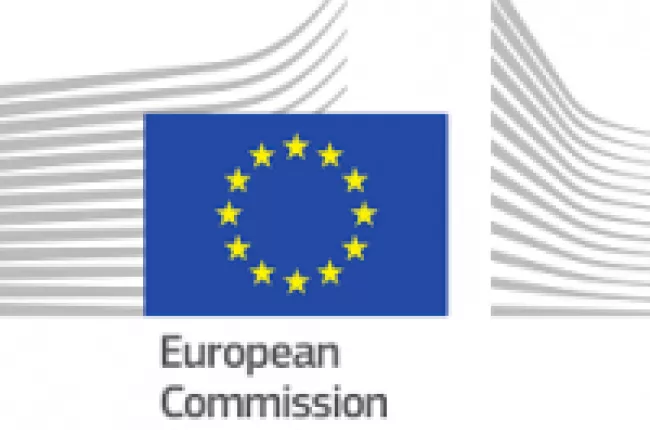The Confederation of European Forest Owners (CEPF), represented by Secretary General Fanny-Pomme Langue, warmly welcomed this initiative which was an important opportunity to convey some key messages from European forest owners to European Commission.
During this meeting, CEPF highlighted the role of forest owners in contributing to addressing the essential needs of the society in a sustainable manner and without relying on fossil fuels. This does not mean calling for replacing our overall fossil-based consumption with bio-based products and energy. Indeed, bioeconomy development and changes of consumption patterns towards more sobriety have to go hand in hand.
CEPF also reiterated the fact that producing high value timber for long lived products (example: construction) requires producing lower quality wood for products with a shorter lifecycle for example due to thinning operations which are needed (example: packaging).
Furthermore, CEPF insisted on the importance to keep European forest owners motivation high to initiate and/or keep managing their forests since forest management is a prerequisite to forests health and resilience. Among other, this motivation needs climate change impacts on forest to be a high priority in the regulatory framework. It also needs an enhanced collaboration between forest owners and policy makers, with a trust in forest owners network and expertise.
CEPF also highlighted that since forest owners provide most of the many ecosystem services to society free of charge, ongoing developments of possible new business models are an opportunity for forest owners to see the results of their work being valued, and thus, diversify their sources of incomes. For PES to be successful, they must always remain voluntary, be locally suited (i.e. defined at local level) and market-based when possible.
As far as carbon related schemes are concerned, the three functions of forests (sequestration, storage and substitution) should be addressed together. This is the approach taken by the Low Carbon Label in France. PES should not lead to a segregated approach of forest management with a “either - or” choice among the functions. On the contrary, they should be seen as a tool that can diversify forest owners revenues, giving a focus to certain functions at certain places and at certain moment, all in the framework of multifunctional forest management.
Linkedin post from Executive Vice-President Maroš Šefčovič following this dialogue:
“We have yet to tap into full potential of forest-based bioeconomy. The question is not whether but how to maximise this within ecological boundaries and by ensuring the sustainable sourcing and use of forest resources”
Source: Linkedin





